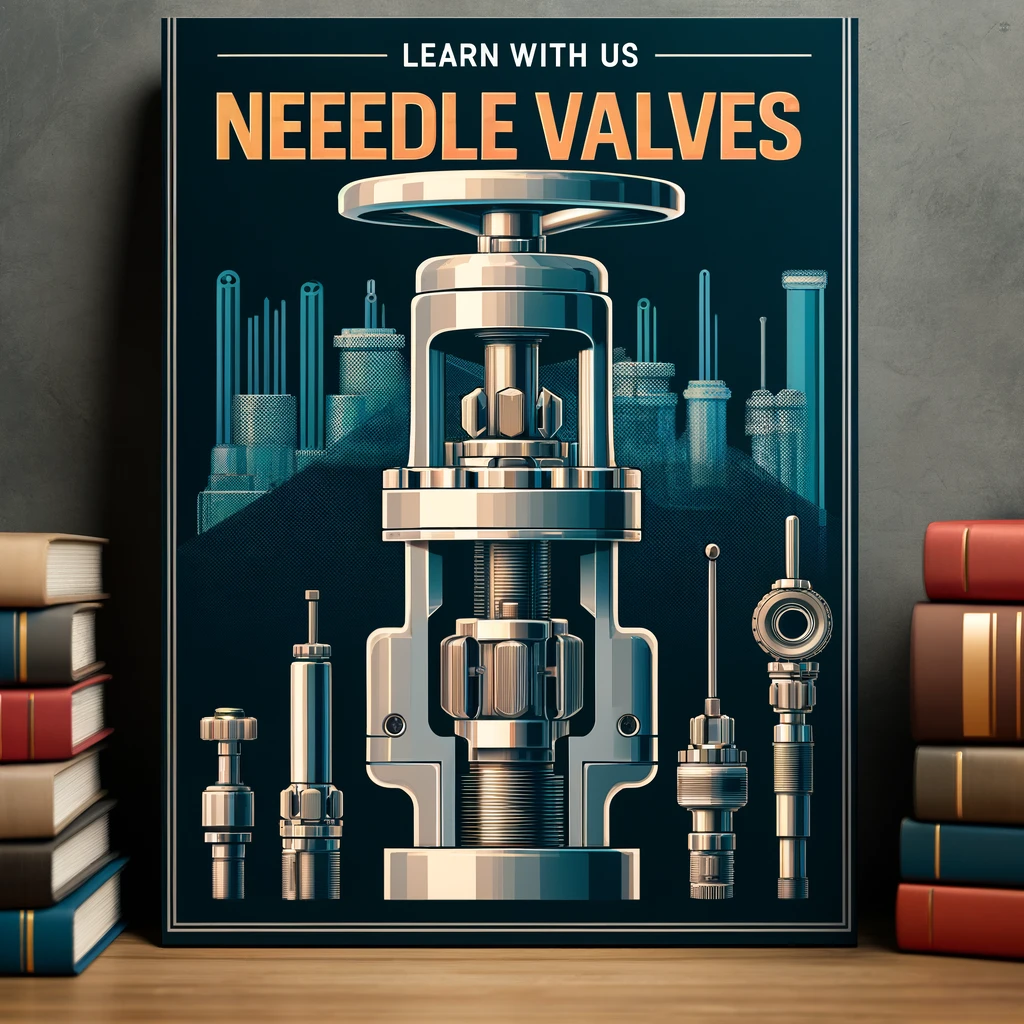Needle Valves: The Precision Masters of Flow Control
Ever wondered how industries achieve such exact control over fluid flow in tight spaces? The answer often lies in a small but mighty component: the needle valve. While they might look similar to globe valves at first glance, needle valves pack a unique punch when it comes to precision.
Let’s dive into what makes these valves indispensable in so many applications.
What Makes Needle Valves Unique?
Needle valves are the go-to choice for fine-tuning flow rates, especially in smaller systems. You’ll typically find them in settings where a tiny adjustment makes a big difference—think:
✅ Laboratory equipment
✅ Fuel systems
✅ Home water heaters
They come with threaded or socket weld connections, making them easy to integrate into everything from industrial pipelines to compact instruments.
Precision Engineering: The Secret Behind Needle Valves
The tapered disk design is the real game-changer!
Unlike globe valves, which use a flat or truncated cone-shaped disk, needle valves feature a sharp, needle-like disk that fits snugly into a matching seat. This design allows for ultra-fine adjustments—like turning a microscope’s focus knob for perfect clarity.
🔹 In some models, the disk is part of the stem itself, with the stem’s tip precision-machined to act as the flow-regulating component.
Compact Design, Big Performance
Needle valves are engineered to save space without sacrificing functionality.
Key Design Features:
✔️ Threaded body and bonnet connections – Replace bulky bolted joints in smaller sizes, keeping the valve lightweight and easy to install.
✔️ Screwed union gland nut – Simplifies the packing setup, eliminating the need for complex flanged components.
✔️ Inside screw stem design – Tucks the threading inside the valve, reducing its overall footprint—perfect for tight spaces.
Built to Last: Materials & Craftsmanship
Durability meets precision in needle valve construction.
🛠️ Materials Used:
🔹 Stainless steel – Corrosion resistance & high strength
🔹 Brass – Cost-effective & durable for moderate applications
🔹 Specialty alloys – Used for high-pressure or extreme conditions
These valves are meticulously machined to achieve the exact tolerances needed for pinpoint flow control.
📌 Where are needle valves used?
✔️ Nuclear reactors – Managing coolant flow
✔️ Pharmaceutical industry – Dosing chemicals
✔️ Industrial applications – Ensuring accuracy in instrumentation
Flexibility in Standards & Applications
Industry standards like ASME or ISO provide general guidelines, but needle valves often shine in custom applications.
Manufacturers tailor designs to meet specific needs, such as:
✅ Ultra-high-pressure systems in oil & gas
✅ Sterile configurations for medical devices
This adaptability makes them a favorite in niche applications where off-the-shelf solutions fall short.
Why Choose Needle Valves?
In a world where “close enough” isn’t good enough, needle valves offer the surgical precision required for critical tasks.
💡 Key Benefits of Needle Valves:
✔️ Compact & space-saving
✔️ Made from high-quality, durable materials
✔️ Customizable for industry-specific needs
🔹 Next time you need to control flow with laser-like accuracy, remember: the humble needle valve might be the unsung hero your system needs!

